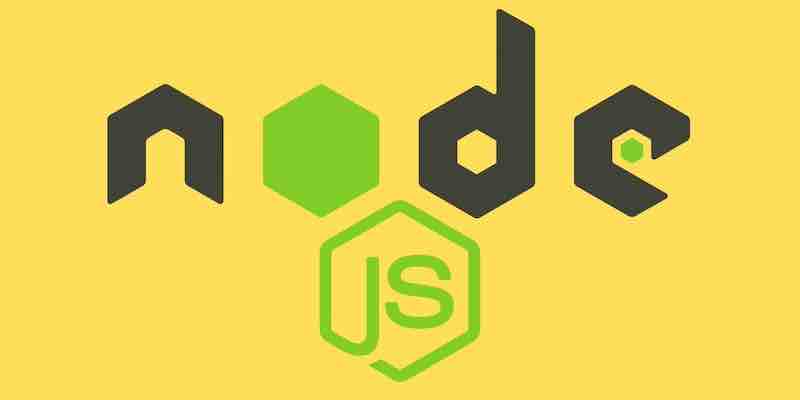Node.js vs Django: Which Reigns Supreme in Web Development for 2023?

Reference: SitePoint
In the ever-evolving web development realm, two technologies have been gaining traction: Node.js and Django. Both have their unique strengths, making them go-to choices for developers worldwide. This article delves deep into both features and capabilities, aiming to clarify which might be the better fit for web development projects in 2023.
Key Insights:
- Node.js and Django cater to different project needs. While Node.js is known for its scalability and high performance, Django is celebrated for rapid development, flexibility, and code reusability.
- Node.js offers a unified approach to JavaScript development, streamlining front and backend processes. On the other hand, Django simplifies rapid web app development using Python.
- Performance-wise, Node.js, being single-threaded, efficiently serves a large volume of data. In contrast, Django, written in Python, might have slightly higher execution times but can be optimized with tools like Varnish.
- Security is a significant concern. Django has built-in security middleware, whereas Node.js leaves security implementations to developers.
Diving Deeper:
- Node.js stands out for its cross-platform, open-source approach, enabling full-stack development with JavaScript. Companies like PayPal, LinkedIn, and Netflix have leveraged Node.js for its scalability and performance.
- Django, a Python-based web framework, offers rapid development with its model-view-template (MVT) architectural pattern. It’s been the choice for platforms like Disqus, YouTube, and Instagram due to its efficiency and security features.
Choosing the Right Framework:
The decision between Node.js and Django hinges on project requirements, development speed, security considerations, and cost-effectiveness. Node.js is ideal for scalable, real-time applications, while Django is perfect for rapid, content-heavy web development.